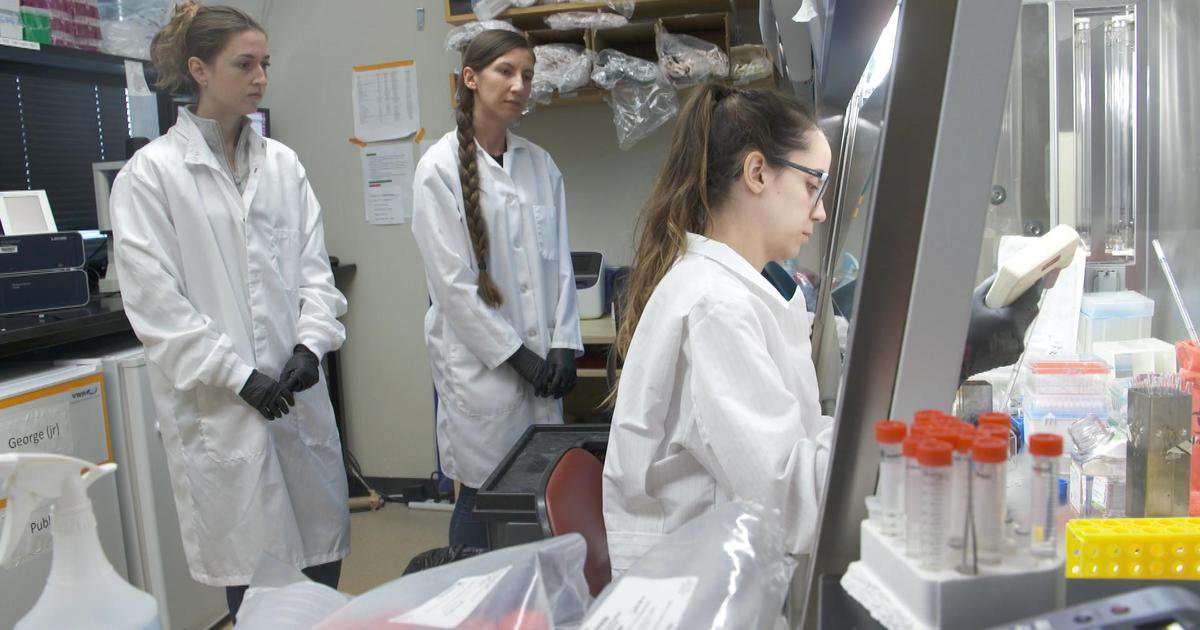The geneticist whose work helped map the human genome, the first step in the quest to manipulate what is essentially the software of human life, says reversing the aging process in humans may be less than 20 years away. George Church takes Scott Pelley into his Harvard Medical School lab to see his latest work for a 60 Minutes report to be broadcast Sunday, December 8, at 7:30 p.m. ET and 7 p.m. PT on CBS.
Thanks to Church and others whose work decoded DNA, called the building blocks of life, the day when humans will no longer be prone to viruses or genetic diseases is coming. But one of the next breakthroughs could be reversing the basic process of age itself. "Age reversal is something that's been proven about eight different ways on animals," says Church. He tells Pelley that in mice, tissue damage has been repaired, reaction times sped up and cognition improved.
Knowing the specific functions of genes in a creature's DNA allows scientists to edit or add genes to the sequence and change outcomes. A paper just published by Church and several other scientists shows how added multiple genes in mice improved heart and kidney function and levels of blood sugar. "The gene function is going down [with age] and so we're boosting it back up by putting in extra copies of the gene," he explains, saying that this is gene therapy.
The next step toward replicating this science in humans is to achieve the same results in a clinical trial using dogs that he is conducting now. The process could be perfected in humans in less than 20 years says Church. "That veterinary product might be a couple years away. And then that takes another 10 years to get through the human clinical trials."
Church's lab at Harvard is working on about a hundred cutting-edge projects. They are currently experimenting with growing mini-organs from patients' own cells, to help test the effectiveness of medicine. And they are also aiming to turn these organoids, as they are called, into organs available for transplant. Another project is a start-up to make full-scale pig organs safe for human transplant. Church and his team also want to program human DNA to prevent people from hosting viruses, which could offer the cure for the common cold. Church's lab has also received much attention for its project to create a modern version of the extinct woolly mammoth, a process known as de-extinction.
Church acknowledges the controversial nature of such experimenting, but says it's already being done. He understands the world may not be ready for some of the implications of this technology. "The more powerful or the more rapidly moving the technology, the more cautious we need to be, the bigger the conversation involving lots of different disciplines, religion, ethics, government, art… to see what its unintended consequences might be."

zachbs on December 7th, 2019 at 15:35 UTC »
This can't be true. Physical degradation maybe, but we haven't scratched the surface on the brain yet. So what would be done about that?
omnichronos on December 7th, 2019 at 15:10 UTC »
I suspect this will be like commercial nuclear fusion and always be 20 years away for the foreseeable future.
TheFluffiestOfCows on December 7th, 2019 at 12:52 UTC »
Sounds like a certain ‘leading geneticist’ needs a fresh round of funding